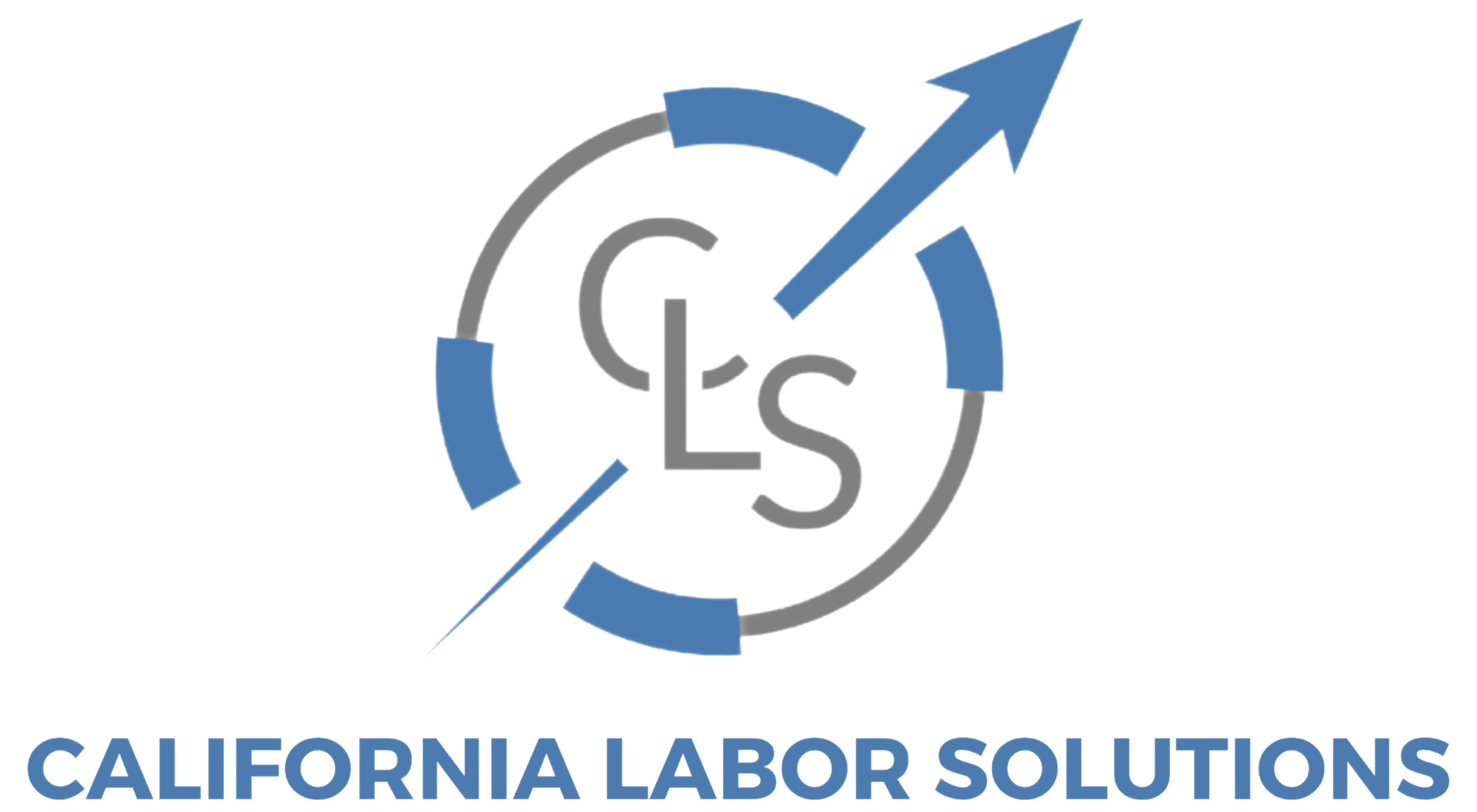However, discrimination in the workplace may not be obvious or intentional because certain acts can constitute unlawful discrimination based on their effect, regardless of the motivation. Therefore, employers must protect themselves and reduce the risk of legal liability by understanding discrimination, knowing how to handle employee complaints, and implementing preventive actions.
This article will help employers understand the definition of discrimination in the workplace and the prohibition against retaliation.
Definition of Discrimination in the Workplace

California Chamber of Commerce defines discrimination in the workplace as either actions taken against employees or that give differential treatment to employees “because they belong to certain protected classes,” such as race, color, gender, sexual orientation, origin, medical condition, religion, disability, and age.
Moreover, discrimination allegations take on one of two general forms:
- Disparate/unequal treatment: when an employee claims a differential treatment based on their protected characteristic.
- Disparate/unequal impact: when an employee claims that a neutral employment policy, process, or standard practice, impacts their protected characteristic unequally.
Federal and state laws define and prohibit discrimination in the workplace, including FEHA, Title VII, ADEA, ADA, and the California Fair Pay Act. Managers and HR officers must be familiar with other anti-discrimination laws, some of which represent unique challenges for employers, such as being required to balance the rights of one employee against the ones of another.
Protection against retaliation

Consistent with anti-discrimination protection, federal and state laws also protect employees and applicants from employer retaliation for engaging in activities that are protected by anti-discrimination laws, such as opposing discrimination, filing a complaint, testifying, or participating in a workplace investigation.
Additionally, there is protection against retaliation for employees who participate in activities to further the enforcement of employment discrimination laws. This protection is broad, including retaliation against people who reasonably believed a legal practice to be illegal.
Lastly, the prohibition of retaliation is not limited to applicants and employees, but also former employees.
Why choose California Labor Solutions?
California Labor Solutions (CLS) is one of the only HR firms licensed* to conduct workplace investigations in California. We serve private businesses and public-sector organizations throughout the state. We have conducted hundreds of neutral, objective, and unbiased workplace investigations for employee complaints relating to allegations of discrimination, harassment, retaliation, and various types of employee misconduct with the utmost quality, detail, and efficiency.
*California Private Investigator License Number 26311.
Disclaimer:
Please note that the updates, advisories, and regulations we receive from the promulgating agency often contain ambiguities and/or are often amended, modified, or updated. This material/article/email does not contain any legal advice. The information and opinions expressed herein are based on our reasonable interpretation of the issuing agency’s publication at the time the opinion is expressed and is, therefore, subject to change based on further developments. The effect of the opinions expressed may be different based on your particular circumstances, and it is recommended that you not rely upon these general opinions prior to obtaining a consultation with your legal and/or financial advisors.

